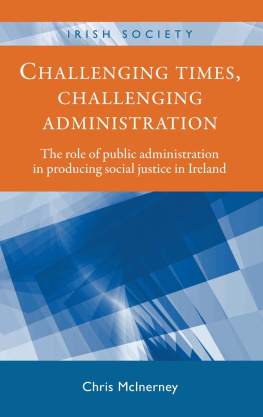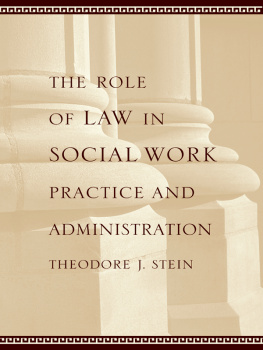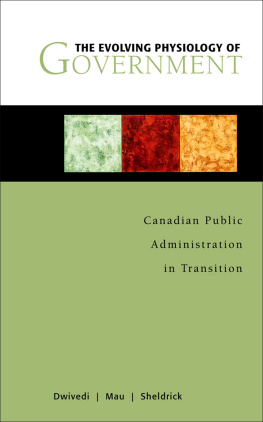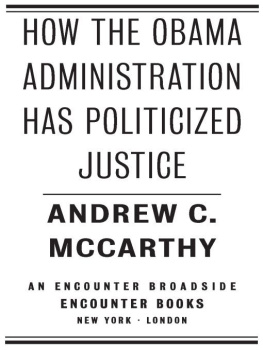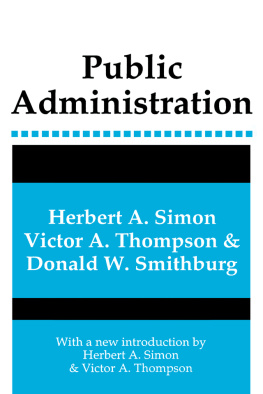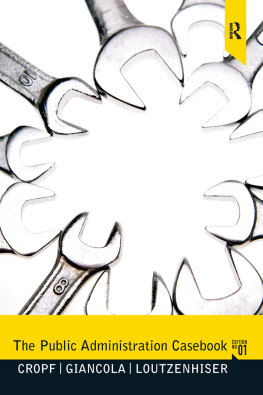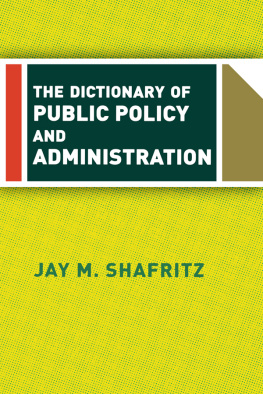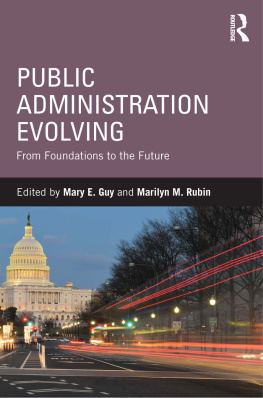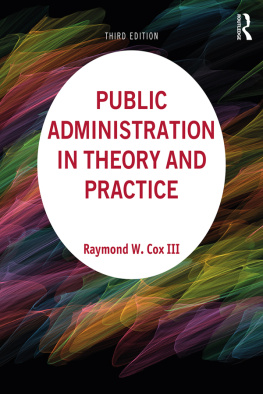CHALLENGING TIMES, CHALLENGING ADMINISTRATION
IRISH SOCIETY
The Irish Society series provides a critical, interdisciplinary and in-depth analysis of Ireland that reveals the processes and forces shaping social, economic, cultural and political life, and their outcomes for communities and social groups. The books seek to understand the evolution of social, economic and spatial relations from a broad range of perspectives, and explore the challenges facing Irish society in the future given present conditions and policy instruments.
SERIES EDITOR
Rob Kitchin
ALREADY PUBLISHED
Public private partnerships in Ireland: Failed experiment or the way forward for the state? Rory Hearne
Migrations: Ireland in a global world
Edited by Mary Gilmartin and Allen White
The domestic, moral and political economies of post-Celtic tiger Ireland: What rough beast? Kieran Keohane and Carmen Kuhling
CHALLENGING TIMES, CHALLENGING ADMINISTRATION
The role of public administration in producing social justice in Ireland
Chris McInerney
MANCHESTER UNIVERSITY PRESS
Manchester and New York
distributed in the United States exclusively
by Palgrave Macmillan
Copyright Chris McInerney 2014
The right of Chris McInerney to be identified as the author of this work has been asserted by him in accordance with the Copyright, Designs and Patents Act 1988.
Published by Manchester University Press
Oxford Road, Manchester M13 9NR, UK
and Room 400, 175 Fifth Avenue, New York, NY 10010, USA
www.manchesteruniversitypress.co.uk
Distributed in the United States exclusively by
Palgrave Macmillan, 175 Fifth Avenue, New York,
NY 10010, USA
Distributed in Canada exclusively by
UBC Press, University of British Columbia, 2029 West Mall,
Vancouver, BC, Canada V6T 1Z2
British Library Cataloguing-in-Publication Data
A catalogue record for this book is available from the British Library
Library of Congress Cataloging-in-Publication Data applied for
ISBN 978 07190 8829 2
First published 2014
The publisher has no responsibility for the persistence or accuracy of URLs for any external or third-party internet websites referred to in this book, and does not guarantee that any content on such websites is, or will remain, accurate or appropriate.
Typeset in Minion by
Servis Filmsetting Ltd, Stockport, Cheshire
Series editors foreword
Over the past twenty years Ireland has undergone enormous social, cultural and economic change. From a poor, peripheral country on the edge of Europe with a conservative culture dominated by tradition and Church, Ireland transformed into a global, cosmopolitan country with a dynamic economy. At the heart of the processes of change was a new kind of political economic model of development that ushered in the so-called Celtic Tiger years, accompanied by renewed optimism in the wake of the ceasefires in Northern Ireland and the peace dividend of the Good Friday Agreement. As Ireland emerged from decades of economic stagnation and The Troubles came to a peaceful end, the island became the focus of attention for countries seeking to emulate its economic and political miracles. Every other country, it seemed, wanted to be the next Tiger, modelled on Irelands successes. And then came the financial collapse of 2008, the bursting of the property bubble, bank bailouts, austerity plans, rising unemployment and a return to emigration. From being the paradigm case of successful economic transformation, Ireland has become an internationally important case study of what happens when an economic model goes disastrously wrong.
The Irish Society series provides a critical, interdisciplinary and in-depth analysis of Ireland that reveals the processes and forces shaping social, economic, cultural and political life, and their outcomes for communities and social groups. The books seek to understand the evolution of social, economic and spatial relations from a broad range of perspectives, and explore the challenges facing Irish society in the future given present conditions and policy instruments. The series examines all aspects of Irish society including, but not limited to: social exclusion, identity, health, welfare, life cycle, family life and structures, labour and work cultures, spatial and sectoral economy, local and regional development, politics and the political system, government and governance, environment, migration and spatial planning. The series is supported by the Irish Social Sciences Platform (ISSP), an all-island platform of integrated social science research and graduate education focusing on the social, cultural and economic transformations shaping Ireland in the twenty-first century. Funded by the Programme for Research in Third Level Institutions, the ISSP brings together leading social science academics from all of Irelands universities and other third-level institutions.
Given the marked changes in Irelands fortunes over the past two decades it is important that rigorous scholarship is applied to understand the forces at work, how they have affected different people and places in uneven and unequal ways, and what needs to happen to create a fairer and prosperous society. The Irish Society series provides such scholarship.
Rob Kitchin
This book is dedicated to my mother, May, and my daughter, Nia, who have taught and continue to teach me that an awareness of social justice begins in our everyday interactions with each other.
Contents
Figures and Tables
Figures
Tables
Acknowledgements
I would like to express my sincere thanks to a number of people whose support made the completion of this book possible. Writing a book about public administration benefits hugely from the insights of those who work in, have worked in or closely engage with the public administration system. I am grateful therefore to those who took the time to so openly share their experiences and perspectives. I trust that I have faithfully represented your views.
I would also like to thank my colleagues in the Department of Politics and Public Administration at the University of Limerick, those who commented so constructively on earlier drafts but, more broadly, the entire staff of the Department who together create such a collegial and supportive working environment.
Thanks also to the staff at Manchester University Press for their guidance and support.
Finally, I am truly grateful to my family and friends who have been supportive of this endeavour, most especially, to my daughter Nia for her patience, forbearance and continued interest in how many pages I had left to write.
Introduction
We need a scholarship that is genuinely centred on originality rather than imitation: one that rejects the notion of inevitabilities supinely accepted; that restores the unity between the sciences and culture in their common human curiosity, discovery and celebration of the life of the mind; and that encourages and enables not only new visions to emerge, but new forms of inclusive, warm and celebratory forms of life to be experienced, in conditions of real freedom including affective freedom, freedom from the deprivation of the essentials of life, and the obstacles to participation in society. (President Michael D. Higgins, Address to the Royal Irish Academy, )

